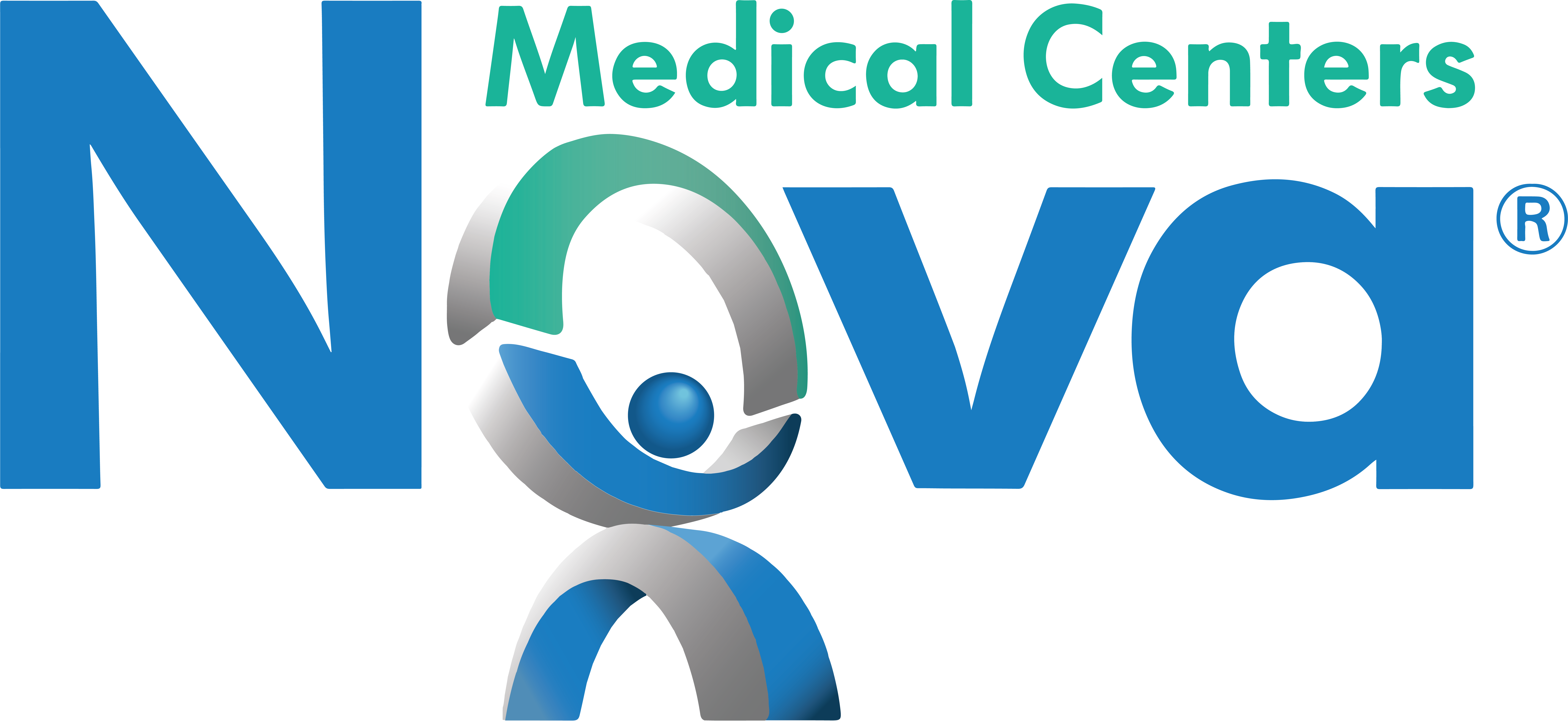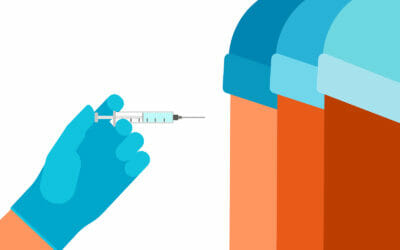
Your energy, emotions and physical wellness all go back to health. Taking care of yourself first is always more important. It is better to know about any health concerns early to prevent or treat the problem quickly, then not know and treatment options possibly being limited.
Advised by Sutter Health, the 4 key health numbers to monitor are our blood pressure, blood sugar, body mass index, and cholesterol. These are significant indicators of the status of your overall health. Before your health is compromised, there are ways to reverse your numbers to meet your healthful target During your annual check-up, be sure to ask your doctor to review your numbers with you and determine how those results may affect your health.
Blood Pressure is the pressure from blood circulating against the blood vessels walls. These numbers determine the rate and force of your heartbeat, along with the elasticity and diameter of your arterial walls. Maintaining a healthy and happy heart is vital, knowing that high blood pressure can accompany premature heart attacks and strokes. Things like reducing your sodium intake, limiting alcohol, and regular exercise can aid in managing healthful blood pressure.
Blood sugar is the sugar, or glucose, detected in your blood. This is how our bodies stay upbeat and energized. Unfortunately, too much glucose can develop into a disease, diabetes. The world health organization shares awareness affirming, “the number of people with diabetes has risen from 108 million in 1980 to 422 million in 2014”. To avoid being in these results, try reducing your sugar intake, keeping a healthy weight, and even incorporating more fiber into your diet.
Body mass index (BMI) is your weight to height ratio; there are many tools accessible to keeping track of your BMI. Given that everyone’s body is different, first, consult with a physician to verify you are at a healthy weight. The goal of tracking your BMI is to manage your overall body fat and reduce any potential risks from obesity.
Cholesterol is the wax-like substance found in your blood. When your cholesterol is healthy, it successfully produces cells that the body needs. Too much cholesterol in the bloodstream can increase your risk of heart disease. Excitingly, September is National Cholesterol Education Month according to the Centers for Disease Control and Prevention. They encourage everyone to take steps into getting checked and taking steps to improve your cholesterol. This would be a great opportunity to learn more about a new diet and lifestyle adjustments catered to achieving a healthier mind and body.
With that being said, everyone’s body is different with different needs. The risks of health problems can be influenced by various factors such as sex, age, genetics, and different lifestyles. Consult with your doctor or physician on how to develop and maintain a personal plan for your own health concerns.



